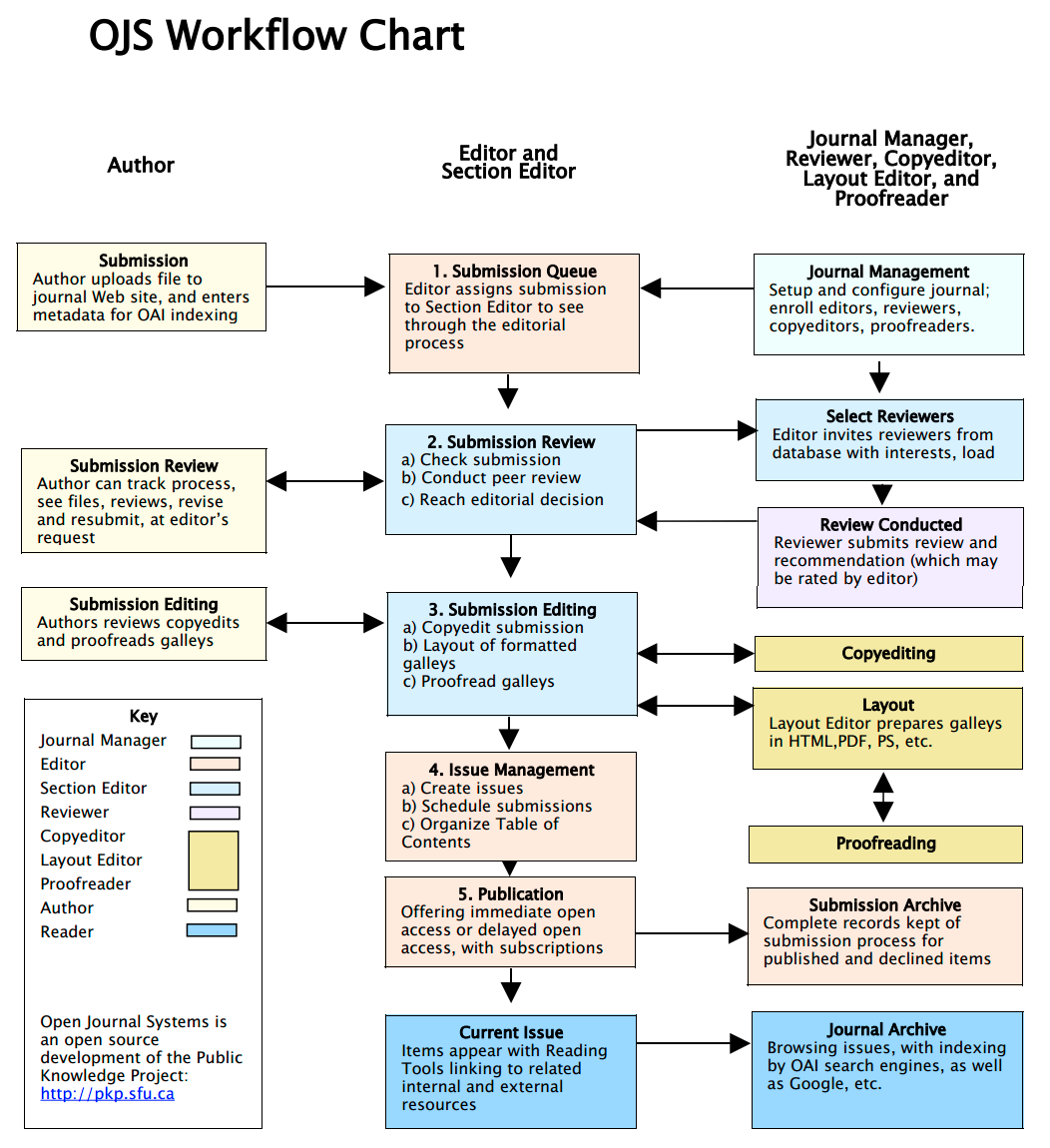Peer Review Process
The publication of articles in Uniska Law Review is solely dependent on scientific validity and coherence as judged by our editors and/or peer reviewers, who will also judge whether the writing is understandable and whether the work is a useful contribution to the field. Uniska Law Review acknowledges the efforts and suggestions made by its reviewers.
Initial Evaluation of Manuscripts
The editor will first evaluate all submissions for a maximum of 3 weeks. Though rare, it is deserving of receiving an extraordinary script at this stage. Those who are rejected at this stage are not original enough, have serious scientific flaws, or fall outside the aims and scope of the Uniska Law Review. Those who meet the minimum criteria are referred to an expert reviewer for review. It usually takes up to 8 weeks.
Peer Review
The submitted manuscript will generally be reviewed by two to three experts who will be asked to evaluate whether the manuscript is scientific, whether it is a duplicate of a published work, and whether it is clear enough to be published.MethodThe method used in the Uniska Law Review process uses Double-Blind Peer Review.
Review Report
Reviewers are asked to evaluate whether the manuscript:
- Original by stating clear objectives and legal issues
- It is clear in terms of methodology
- Follow appropriate ethical guidelines
- Have results/findings that are clearly presented and support the conclusions
- Correct previous relevant work references
- Reviewers are not expected to correct or copy manuscripts.
- Language correction is not part of the peer-review process.
Decision
Reviewers advise the editor, who is responsible for the final decision to accept or reject the article. The Editors will reach a decision based on these reports and, where necessary, they will consult with members of the Editorial Board. The editor’s decision is final.
